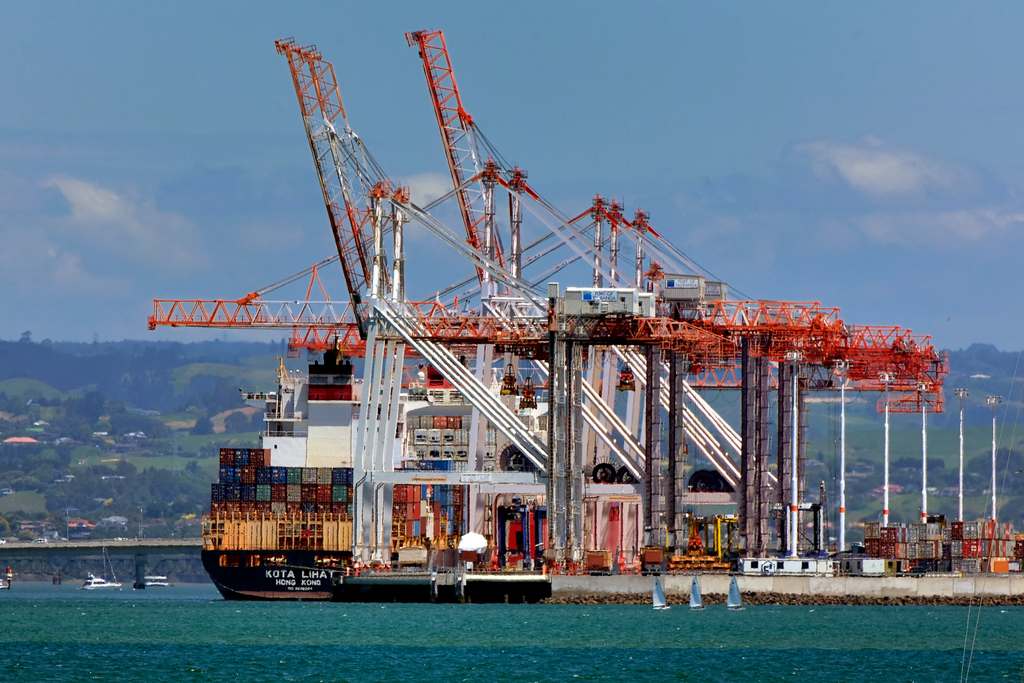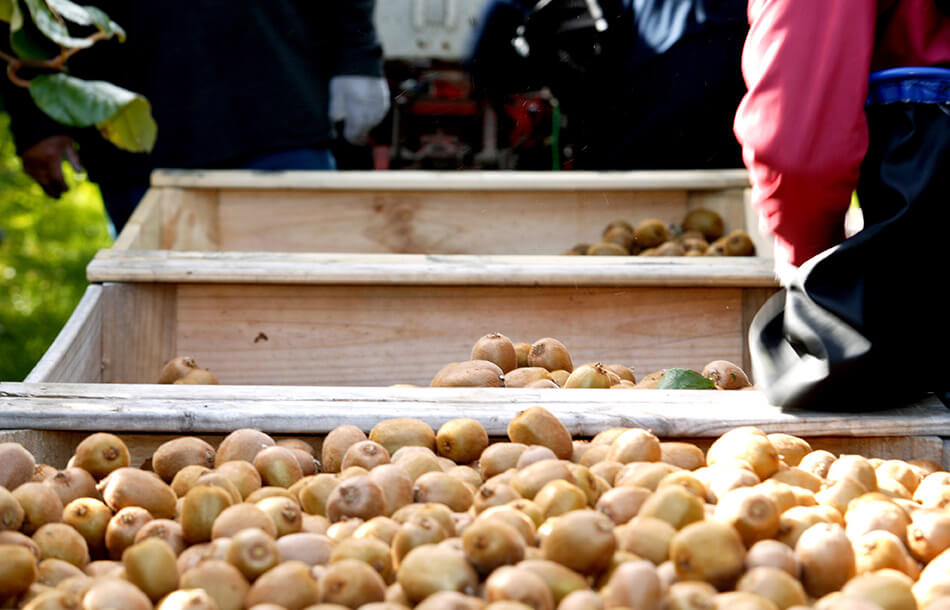Another lowering of the COVID-19 alert level was in the offing, at the time this newsletter was written. The Prime Minister on May 7 signalled that on May 11 the Cabinet would consider moving to the next stage of the COVID-19 response – but she also cautioned that the virus has bounced back in some countries where restrictions have been relaxed. And any relaxation of the rules will nevertheless be subject to an array of obligations.
Many NZIAHS members until then will be confined to their bubbles under COVID-19 Alert Level 3 rules. This doesn’t mean they haven’t been getting on with their work.
When New Zealand moved from Level 4 to Level 3, 400,000 more New Zealanders returned to work. Plant and Food Research chief executive David Hughes, in a message to customers, collaborators and partners, said Level 3 gave greater scope for commercial operations but stringent criteria for how those operations could be conducted were maintained.
Many people in essential industries had been working this way for weeks, he said, and his organisation had run limited operations at its sites under permission from the Ministry of Business, Innovation and Employment and the Ministry for Primary Industries.
Other science organisations similarly geared up to cope with the constraints imposed by the response to the pandemic.
Meanwhile there was evidence aplenty to encourage our members about the post-emergency future for the agricultural and horticultural sector.
Export lift
For example, exports hit a new high in March 2020, driven by kiwifruit, dairy, and meat, even while the COVID-19 pandemic was spreading around the world.
Stats NZ reported the value of total goods exports rose $215 million (3.8%) from March 2019 to reach $5.8 billion in March 2020. This was a record for any month – the previous high was in May 2019. The increase in total goods exports reflected a bumper kiwifruit harvest and higher prices for milk powder and meat. This rise was partly offset by a fall in log exports, particularly to China, in the wake of the COVID-19 outbreak.
The value of fruit exports rose $115 million (54%) during the month, mainly due to gold kiwifruit. Exports of these were worth $187 million, up $105 million from the previous March, as quantities doubled. The kiwifruit export season runs from March to November.
Export values of dairy products (up $106 million or 7.6%) and meat (up $102 million or 11%) also contributed to the March 2020 figures, led by milk powder (up $132 million), sheep meat (up $62 million) and beef (up $49 million).
Unit prices were up from March 2019, too – milk powder (up 33%), sheep meat (up 9%) and beef (up 10%).
Jobs boost
Agriculture Minister Damien O’Connor was enthused by the data and highlighted the employment opportunities in a press statement on April 8 headed NZ horticulture sector feeding Kiwis and the world during COVID-19.
More New Zealanders were taking up the chance to work in horticulture as the sector kept New Zealanders fed and in jobs during the COVID-19 Alert Level 4 lockdown.
“Our horticulture sector has long been one of New Zealand’s export star performers, contributing around $6 billion a year to our economy. Now they’re also becoming a lifeline for a number of redeployed workers from industries such as tourism, forestry and hospitality,” Agriculture Minister Damien O’Connor said.
Overseas workers traditionally fill roles in horticulture but because of COVID-19 precautions many are not available.
New Zealand Kiwifruit Growers Inc. reported some businesses now had a workforce of up to 90% New Zealanders, compared to the industry average of around 50% last season. In the pipfruit industry around 200 workers from other industries had been placed into jobs across the country.
There was no shortage of demand for New Zealand produce, Mr O’Connor said.
“The world needs a continuous supply of fresh fruit and vegetables and our country is in the position to help do that. Our primary sector is part of the solution to global food security concerns in the short-term and will play a critical role in New Zealand’s economic recovery after COVID-19, which is why we have ensured that our food supply chain (farmers, processing, distribution, supermarkets) can continue to operate during the lockdown to keep our exports flowing.”
Corporate confidence
Updates from listed companies bring some economic comfort during the COVID-19 crisis, too.
The Point of Order blog surveyed an array of companies listed on the NZX, particularly in several sectors — food production, health and pharmaceutical supplies, transport, agriculture services — which had issued updates. The blog said the results should provide comfort to their shareholders and to the market generally.
A2 Milk, whose share price has been one of the strongest on the NZX, has shown its confidence in its business by increasing its stake in one of its main suppliers, Canterbury-based milk processor Synlait. It spent $21m in lifting its stake from 17.3% to 19.84%.
Scales Corporation, a diversified agribusiness group, has three operating divisions – horticulture, food ingredients and logistics – classified as ‘essential services’. Subject to meeting strict MPI registration processes, the company declared its intention to continue operating.
Honey producer Comvita reported it was continuing to experience strong demand for its complete range of products (in particular Mānuka honey, Propolis, Fresh-Picked™ Olive Leaf Extract) from all markets over the previous month. It was trading profitably and was generating positive operating cashflows and paying down debt.
In the agricultural services sector, PGG Wrightson chairman Rodger Finlay said because of the New Zealand lockdown, and with many international trading partners responding to the pandemic, it was too soon to assess with certainty the flow-on effects to trading performance but the board considered the company was “well placed to come through this challenging period positively”. He said: “I don’t doubt that agriculture and horticulture will play a key role in how New Zealand comes through this challenging period and it will also be a critical part of the economic recovery on the other side and PGW will have an important role throughout that story.”
Best wishes
But while it is heartening to hear these expressions of optimism about the future of the country’s agricultural and horticultural sector, this is a time of great uncertainty and – for many people – of great challenge, socially and financially.
I understand that NZIAHS members will all be affected in different ways, both personally and professionally. If you are struggling please accept my deepest sympathy.
Let’s hope we can leave this difficult period behind us as soon as possible and move on to enjoy living and working in the most beautiful and peaceful country in the world. To those of you who have been on the front-line in the battle against COVID-19, please accept my sincere thanks for your effort and commitment.
Jon Hickford
President NZIAHS














